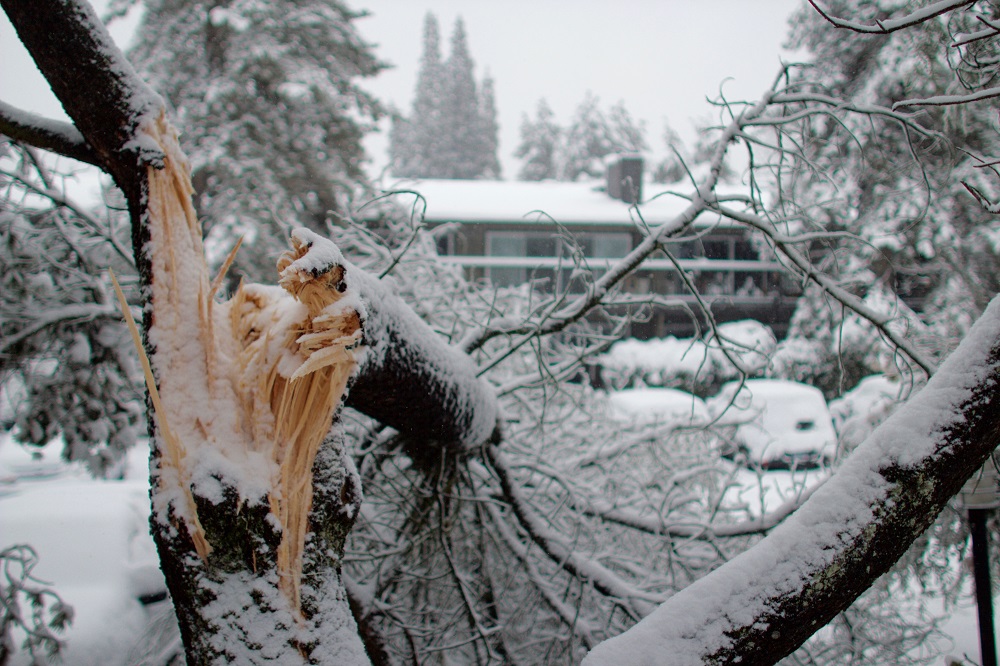In an action brought by two warehouse lenders, the U.S. Court of Appeals for the Tenth Circuit recently held that multiple negligent audits of the mortgage lender borrower were “interrelated” under an auditor’s insurance policy and that the claim of one warehouse lender was “interrelated” with the claim of the other warehouse lender when they arose from the same audit.
Posts published in “Insurance Law”
The U.S. Court of Appeals for the Seventh Circuit recently held that a putative class action removed to federal court under the Class Action Fairness Act lacked federal jurisdiction because it fell within CAFA’s "internal-affairs" and "home-state controversy" exceptions.
The U.S. Court of Appeals for the Seventh Circuit recently affirmed a trial court’s dismissal of a purported data leak class action alleging unauthorized disclosure of driver’s license numbers.
The U.S. Court of Appeals for the Ninth Circuit recently held that it could sua sponte question a defendant’s assertions of jurisdiction under the federal Class Action Fairness Act, and that the record did not sufficiently demonstrate that CAFA’s amount-in-controversy requirement was met here because the requisite $5 million amount was not evident from the face of the complaint nor the defendant’s notice of removal and supporting declaration.
The California Supreme Court recently answered a certified question from the U.S. Court of Appeals for the Ninth Circuit, holding that a commercial general liability (“CGL”) insurance policy that provides coverage for “injury ... arising out of ... [o]ral or written publication, in any manner, of material that violates a person’s right of privacy” can cover liability for intrusion on the right of seclusion arising from violations of the federal Telephone Consumer Protection Act if such coverage is consistent with the insured’s objectively reasonable expectations.
The Ohio Supreme Court recently reversed the decision of an appellate court and reinstated the trial court’s grant of summary judgment in favor of an insurer and against an insured company on the company’s claim for breach of contract and bad faith denial of insurance coverage relating to damages arising from a ransomware attack.
The Supreme Court of Illinois recently held that a homeowner’s insurance company could not deduct depreciation from reimbursements for labor costs from the actual cash value of a covered loss, because the policy at issue did not specifically and unambiguously allow the practice.
The U.S. Court of Appeals for the Ninth Circuit recently affirmed in part and reversed in part a trial court's judgment in an action brought by two landowners against their title insurance companies for indemnification and breach of contract.
The U.S. Court of Appeals for the Eleventh Circuit recently affirmed a trial court’s ruling that, under Florida law, a policy exclusion that barred coverage for claims arising out of an invasion of privacy also unambiguously excluded coverage for claims alleging violations of the federal Telephone Consumer Protection Act, when the complaint specifically mentioned invasions of privacy.
The Court of Appeal of the State of California, Second Appellate District, recently held that neither California Civil Code section 2954.8 nor the parties’ loan agreement required the mortgagee to pay interest on insurance proceeds it held in escrow following the destruction of the plaintiff's home.
The U.S. Court of Appeals for the Seventh Circuit recently affirmed a trial court’s judgment that an insurer had no duty to defend a debt collector in an action brought by a consumer asserting claims under the federal Fair Debt Collection Practices Act (FDCPA) and the federal Telephone Consumer Protection Act (TCPA), as well as common law claims of defamation and invasion of privacy.
The U.S. Court of Appeals for the Seventh Circuit recently reversed summary judgment in favor of an insurer and against a mortgagee in an action involving state tort claims arising from a deadly fire in the collateral property, holding that an issue of fact existed regarding who was in possession of the property when the fire occurred.












